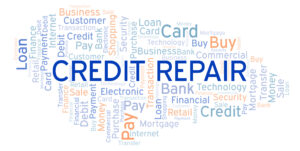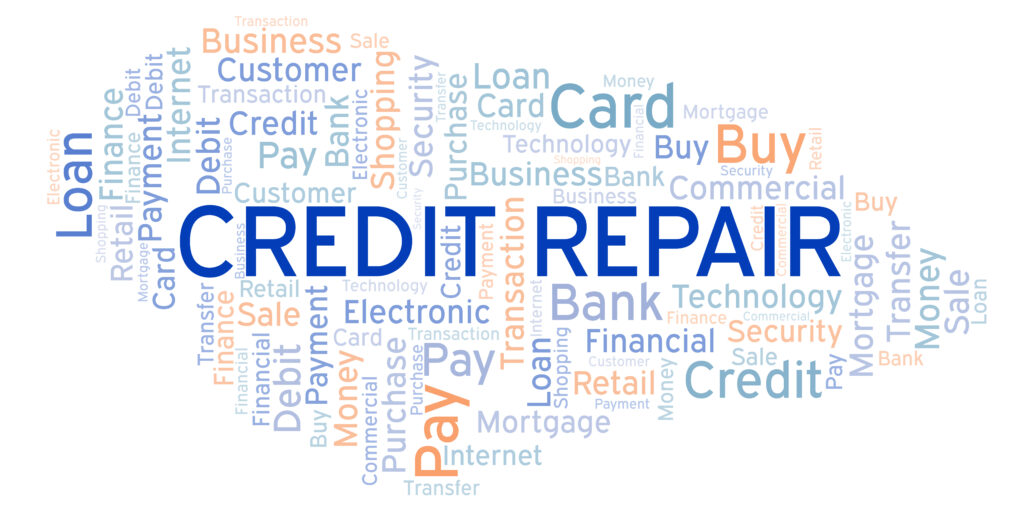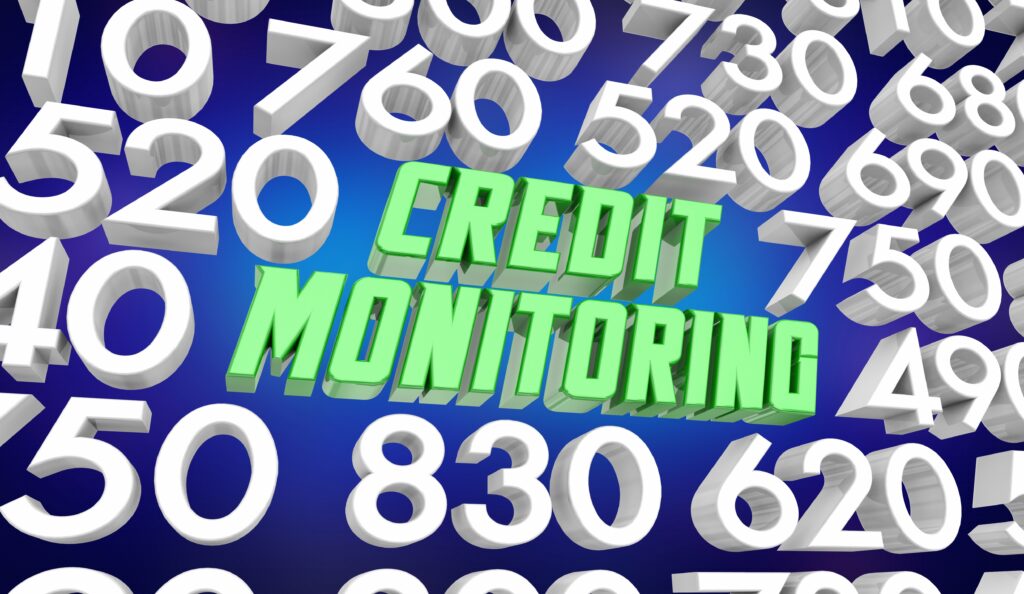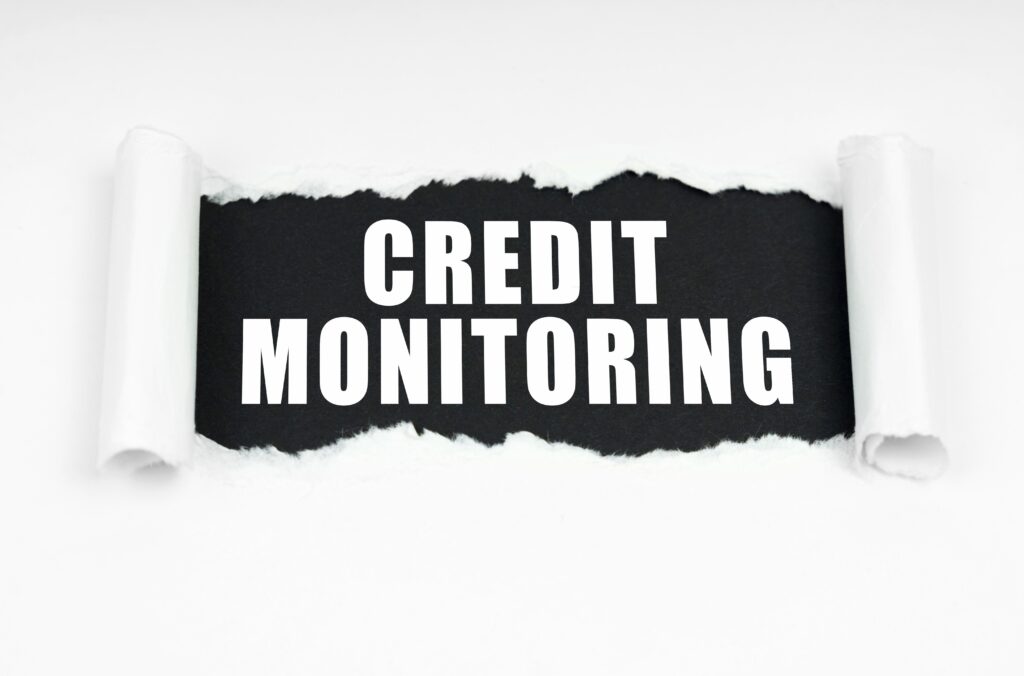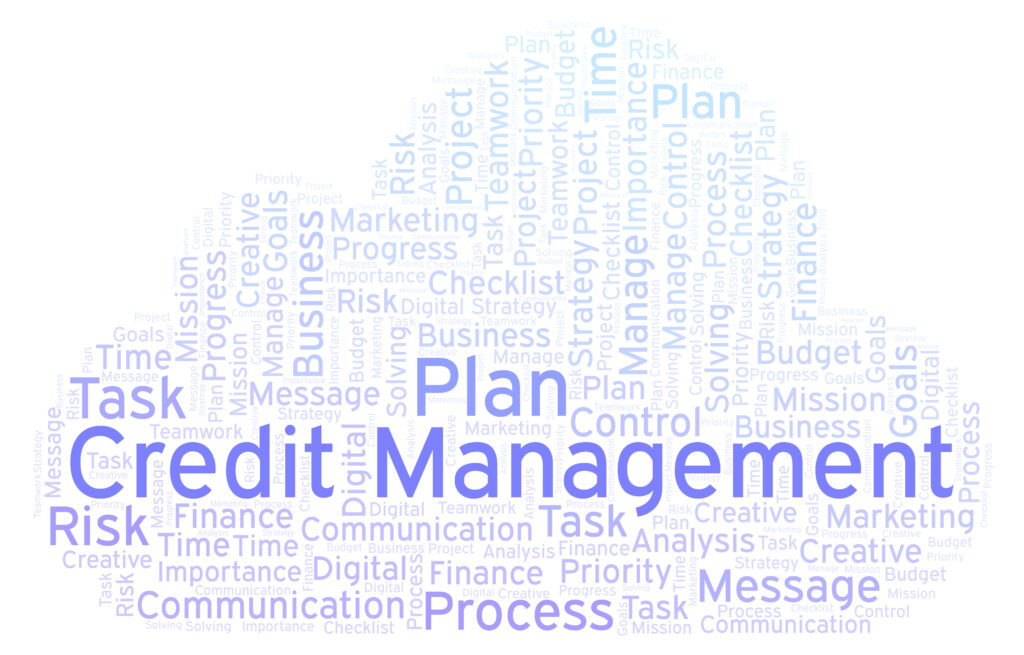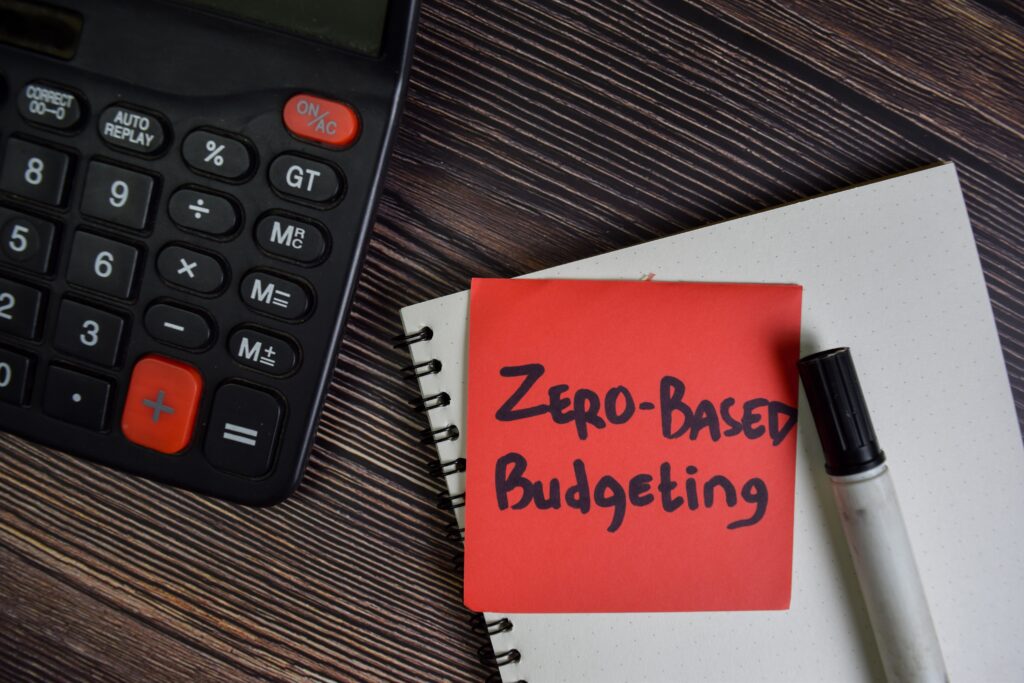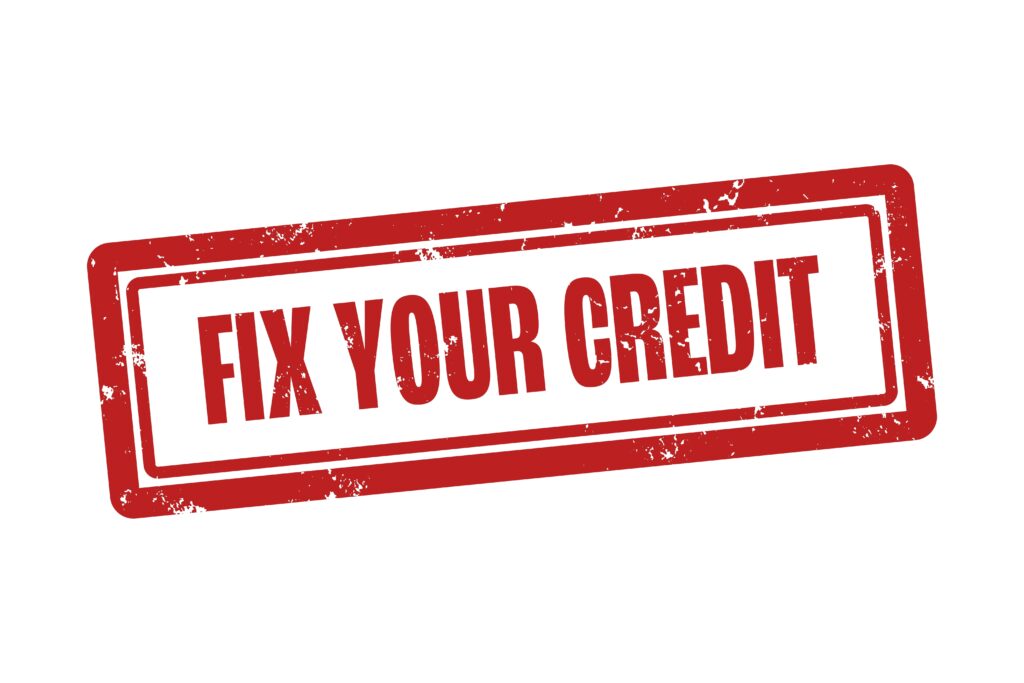Best Practices: 13 Tips from My Credit Adviser for Building Great Credit. Find Out More In Our Latest Article!
THIS ARTICLE MAY CONTAIN AFFILIATE LINKS, MEANING I GET A COMMISSION IF YOU DECIDE TO MAKE A PURCHASE THROUGH MY LINKS AT NO COST TO YOU. PLEASE READ MY AFFILIATE DISCLOSURE FOR MORE INFO.
Don’t Have Time To Read The Full Article. Here’s What You Are Missing.
- Best Practices: 13 Tips from My Credit Adviser for Building Great Credit. Find Out More In Our Latest Article!
- Understanding Credit
- Payment History
- Credit Utilization
- Length of Credit History
- New Credit
- Credit Mix
- Understanding The Importance of Paying Bills on Time
- Keeping Credit Balances Low
- Length of Credit History
- New Credit and Credit Mix
- Regular Credit Report Checks
- Disputing Inaccuracies
- Limiting New Credit Applications
- Maintaining a Healthy Credit Mix
- Understanding Credit Utilization Ratio
- Avoiding Default and Bankruptcy
- Defaulting on a Loan
- Filing for Bankruptcy
- Tips to Avoid Defaulting on a Loan and Filing for Bankruptcy
- Role of Credit Adviser in Building Credit
- What You Should Know
- Best Practices
- What are the 13 best tips for building great credit?
- Frequently Asked Questions
Struggling with credit can be a challenging experience that impacts various aspects of one’s financial life.
Building and maintaining good credit is essential for accessing favorable loan terms, securing rental housing, and even obtaining certain job opportunities.
I recently consulted with a credit adviser to learn more about improving my credit. I was pleasantly surprised to discover that all the valuable tips that helped me get on the right track were free.. What Is a Credit Adviser? Unveiling the Role in Financial Health
I want to share 13 tips about building great credit with you and how to effectively implement them.
By following these tips and best practices, you can set yourself up for success and achieve your financial goals.
Understanding Credit
First, it’s important to understand credit and how it works. This includes knowing your credit score, how it’s calculated, and what factors impact it.
Understanding credit and how it works can be confusing for anyone, not just novices. Credit is a financial tool that allows you to borrow money or access goods and services with the promise to pay back the borrowed amount plus interest.
To build great credit, focus on paying bills on time, keeping credit balances low, and maintaining a healthy credit mix.
Your credit score is a numeric representation of your credit reports, which lenders use to determine your creditworthiness. Understandably, the higher your credit score, the more likely you will be approved for loans and credit cards with favorable terms.
One of the best ways to build great credit is by understanding how it works. Here are some key factors that determine your credit score:
Payment History
Your payment history is the most important factor that determines your credit score. It accounts for 35% of your FICO score, which is the most commonly used credit score. Other lead ballon’s that bring down and can significantly lower your credit score were late payments, collections, and bankruptcies.
Credit Utilization
Your credit utilization is the amount of credit you use compared to your total credit limit. It accounts for 30% of your FICO score. Using too much of your available credit can lower your score, while using less than 30% of your available credit can help improve your score.
Millennial Credit Advisers recommends that you have an ideal credit utilization of zero which also helps other factors and puts you in a whole new rating category and credit score tier.
Length of Credit History
The length of your credit history is the amount of time you’ve had credit accounts open. It accounts for 15% of your FICO score. The longer your credit history, the better your score.
New Credit
New credit accounts for 10% of your FICO score. Opening too many new credit accounts in a short period of time can lower your score.
Credit Mix
Your credit mix is the types of credit accounts you have, such as credit cards, car loans, and mortgages. It accounts for 10% of your FICO score. Having a mix of different types of credit can help improve your score.
By understanding these factors, you can take steps to improve your credit score and build great credit. In the next section, we’ll discuss some best practices for building great credit.
Understanding The Importance of Paying Bills on Time
One of the most important factors in building great credit is paying your bills on time. Late payments can have a negative impact on your credit score and make it difficult to get approved for loans and credit cards in the future.
Here are some best practices to keep in mind when it comes to paying your bills on time: How I easily solved my payment problems.
- Set up automatic payments
One of the easiest ways to ensure that you pay your bills on time is to set up automatic payments. This way, your bills will be paid on the due date every month without you having to worry about it. Just be sure to keep enough money in your account to cover the payments.
- Use a budgeting tool
Using a budgeting tool can help you keep track of your bills and ensure that you have enough money to pay them on time. There are many free budgeting tools available online, such as Mint and Personal Capital.
- Prioritize your bills
If you’re struggling to pay all of your bills on time, it’s important to prioritize them. Make sure that you pay your rent or mortgage, utilities, and other essential bills first. Then, if you have any money left over, you can pay your other bills.
- Set reminders
If you prefer to pay your bills manually, set reminders on your phone or calendar to ensure that you don’t forget. You can also sign up for email or text reminders from your bill providers.
- Don’t ignore bills
Ignoring bills can lead to late fees, collections, and a negative impact on your credit score. If you’re having trouble paying your bills, reach out to your bill providers to see if you can work out a payment plan.
- Pay more than the minimum
If you’re only making the minimum payment on your credit cards, it can take a long time to pay off the balance and you’ll end up paying more in interest. Try to pay more than the minimum each month to pay off your balances faster and save money on interest.
- Consider a balance transfer
If you have high-interest credit card debt, consider transferring your balance to a card with a lower interest rate. This can help you save money on interest and pay off your debt faster.
- Check your credit report
Regularly checking your credit report can help you spot errors and identify areas where you need to improve. You can get a free copy of your credit report from each of the three major credit agencies once a year.
- Keep your credit utilization low
Your credit utilization, or the amount of credit you’re using compared to your credit limit, is an important factor in your credit score. Try to keep your credit utilization below 30% to maintain a good score.
- Don’t open too many new accounts
Opening too many new credit accounts at once can have a negative impact on your credit score. Only apply for new credit when you need it and can afford to pay it back.
By following these best practices for paying your bills on time, you can help build great credit and improve your financial health.
Keeping Credit Balances Low
As my credit adviser informed me, keeping credit balances low is one of the most important factors in building great credit. The amount of credit you use relative to the amount available to you is known as your credit utilization ratio.
Ideally, you should aim to keep your credit utilization ratio below 30%. For example, if you have a credit limit of $10,000, you should try to keep your balance below $3,000. This shows lenders that you are responsible with credit and can manage your finances well.
I soon found out having a zero balances and zero ratio was the best way to go if I wanted better credit.
One way to keep your credit balances low is to avoid using credit cards for everyday purchases. Instead, use cash or a debit card for groceries, gas, and other routine expenses. This will help you avoid accumulating debt and keep your credit utilization ratio low.
Another strategy is to pay off your credit card balances in full each month. This not only keeps your credit utilization ratio low but also helps you avoid paying interest charges. If you are unable to pay off your balances in full, try to pay more than the minimum payment each month to reduce your debt and improve your credit score.
It’s also important to be mindful of your credit limits. If you are close to reaching your credit limit, it’s a good idea to stop using your credit card until you can pay down the balance. Going over your credit limit can negatively impact your credit score and result in fees and penalties from your credit card issuer.
Keeping credit balances low is a crucial component of building great credit. By using credit responsibly, paying off balances in full, and being mindful of credit limits, you can improve your credit score and achieve your financial goals.
Length of Credit History
As I learned from my credit adviser, the length of your credit history is an important factor in building great credit. Lenders want to see a long history of responsible credit use, so it’s important to start building credit as soon as possible and to maintain a good credit history over time.
One way to establish a long credit history is to keep your oldest credit accounts open. Even if you don’t use them often, having a long-standing credit account can help boost your credit score. However, if you have a credit card with an annual fee that you’re not using, it may be worth closing the account to save money. Take that annual fee payment and added it to any account that pays you back dividends.
Another way to build a long credit history is to avoid opening too many new credit accounts at once. Every time you apply for credit, it can have a negative impact on your credit score. Instead, focus on using your existing credit accounts responsibly and only apply for new credit when you really need it.
It’s also important to make sure that your credit report accurately reflects your credit history. Review your credit report regularly to check for errors or inaccuracies. If you find any errors, you can use the dispute process with the credit agencies to have them corrected.
In addition to maintaining a long credit history, it’s important to use credit responsibly. This means paying your bills on time, keeping your credit card balances low, and avoiding late payments or defaults. By using credit responsibly, you can build a strong credit history that will help you achieve your financial goals.
The length of your credit history is an important factor in building great credit. By keeping your oldest credit accounts open, avoiding opening too many new credit accounts at once, reviewing your credit report regularly, and using credit responsibly, you can establish a long and strong credit history that will help you achieve your financial goals.
New Credit and Credit Mix
When it comes to building great credit, having a mix of credit accounts is important. According to NerdWallet, credit mix is one of several factors that affect your credit score. Having a mix of credit accounts, such as credit cards, car loans, and mortgages, shows lenders that you can manage different types of credit responsibly.
However, it’s important to note that opening too many new credit accounts in a short period of time can have a negative impact on your credit score. This is because each time you apply for credit, it results in a hard inquiry on your credit report. Too many hard inquiries can signal to lenders that you’re taking on too much debt and may be a risky borrower.
So, what’s the best way to approach opening new credit accounts? One strategy is to only apply for credit when you need it and to space out your applications. Another strategy is to focus on opening credit accounts that will help you achieve your financial goals, such as a credit card with cashback rewards or a mortgage for a home purchase.
When it comes to credit mix, it’s important to have a balance between revolving credit accounts, such as credit cards, and installment credit accounts, such as car loans and mortgages. Revolving credit accounts allow you to borrow up to a certain limit and make payments each month based on your balance. Installment credit accounts involve borrowing a set amount of money and making fixed payments over a set period of time.
Having a mix of both types of credit accounts can show lenders that you can manage different types of credit responsibly. However, it’s important to only take on debt that you can afford to repay.
Having a mix of credit accounts is important for building great credit, but it’s important to approach new credit accounts strategically and to only take on debt that you can afford to repay.
Regular Credit Report Checks
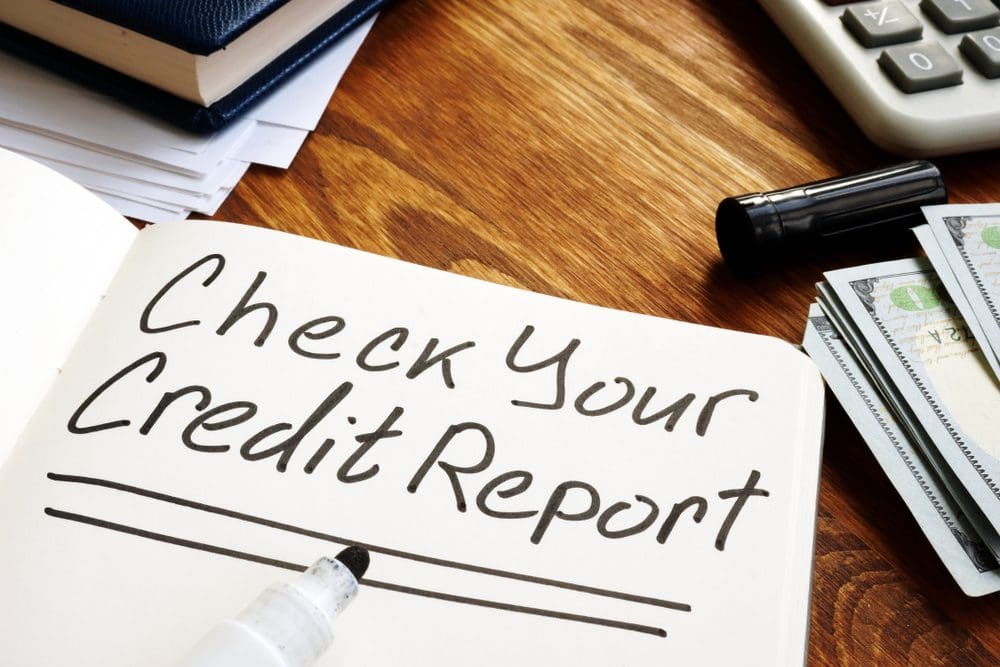
As my credit adviser emphasized, regularly checking your credit report is essential for maintaining good credit. It is important to review your credit report at least once a year to ensure that all the information is accurate and up-to-date.
You can obtain a free copy of your credit report from each of the three major credit agencies (Equifax, Experian, and TransUnion) once a year by visiting AnnualCreditReport.com.
When reviewing your credit report, make sure to look for errors such as incorrect personal information, accounts that don’t belong to you, and incorrect payment history. If you find any errors, you should dispute them with the credit agency that provided the report.
In addition to checking for errors, you should also look for any signs of identity theft or fraud. Identity theft occurs when someone steals your personal information and uses it to open new accounts or make unauthorized purchases. If you notice any suspicious activity on your credit report, you should report it to the credit agency and the relevant financial institution immediately.
Regularly checking your credit report not only helps you maintain good credit, but it also helps you catch any potential issues early on. By staying on top of your credit report, you can take the necessary steps to correct any errors or fraudulent activity and protect your credit score.
Disputing Inaccuracies
One of the most important things you can do to build great credit is to ensure that your credit report is accurate. If there are any inaccuracies on your credit report, it could negatively impact your credit score. Therefore, it is essential to review your credit report regularly and dispute any legitimate errors you find.
To dispute inaccuracies on your credit report, it’s best to use the online dispute process with the credit reporting agencies, it’s quicker and easier. You can also send a letter to the credit agencies that issued the report. In the letter, you should identify the error and provide evidence to support your claim. Be sure to include a copy of the credit report with the error circled or highlighted.
It is also important to send the letter via certified mail and request a return receipt so that you have proof that the credit agency received your dispute. Keep copies of all correspondence and supporting documentation for your records.
If you’re not sure how to write a dispute letter, you can find sample letters online, such as the one provided by the Federal Trade Commission. The letter should be clear and concise, and it should include all the relevant information, such as your name, address, and account number.
Once the credit agency receives your dispute, it has 30 days to investigate the matter and respond to you. If the credit reporting agency finds that the information is inaccurate, it must correct the error and send you a free copy of your updated credit report. If the agency determines that the information is accurate, it must provide you with a written explanation.
If the credit reporting agency does not correct the error, you can escalate the matter by filing a complaint with the Consumer Financial Protection Bureau (CFPB) online. The CFPB will investigate the matter and work with the credit agency to resolve the issue.
It’s important to remember that disputing inaccuracies on your credit report can take time, and it may not result in an immediate improvement in your credit score. However, it is a crucial step in building great credit, as it ensures that your credit report accurately reflects your credit history.
Disputing inaccuracies on your credit report is an essential part of building great credit. By reviewing your credit report regularly, sending dispute letters when necessary, and keeping copies of all correspondence and supporting documentation, you can ensure that your credit report accurately reflects your credit history.
Limiting New Credit Applications
When it comes to building great credit, one of the best practices is to limit the number of new credit applications. Every time you apply for credit, it can have a negative impact on your credit score.
One of the reasons for this is that credit applications result in hard inquiries on your credit report. These hard inquiries can stay on your report for up to two years and can lower your credit score by a few points.
To avoid this, it’s important to limit the number of new credit applications you make. Instead, focus on maintaining your current credit accounts and making timely payments.
Another reason to limit new credit applications is that it can be a sign of financial instability. Lenders may view multiple credit applications as a sign that you are in financial trouble and are trying to obtain credit to stay afloat.
If you do need to apply for credit, be sure to do your research and only apply for credit that you are likely to be approved for. This can help minimize the number of hard inquiries on your credit report and help maintain your credit score.
In addition to limiting new credit applications, it’s also important to avoid closing old credit accounts. Closing old accounts can lower your credit score by reducing your available credit and shortening your credit history.
Limiting new credit applications is a key best practice when it comes to building great credit. By focusing on maintaining your current credit accounts and only applying for credit when necessary, you can help maintain a healthy credit score and financial stability.
Maintaining a Healthy Credit Mix
One of the most important factors that determine your credit score is your credit mix. A healthy credit mix means that you have a variety of credit accounts, such as credit cards, loans, and mortgages. Lenders like to see a mix of credit types because it shows that you can handle different types of debt responsibly.
Here are some best practices for maintaining a healthy credit mix:
- Have a mix of credit accounts
Having a mix of credit accounts can help you build a strong credit history. This means having both revolving credit (like credit cards) and installment loans (like car loans or mortgages).
- Keep credit card balances low
High credit card balances can hurt your credit score, even if you make your payments on time. To maintain a healthy credit mix, it’s important to keep your credit card balances low. Ideally, you should aim to use no more than 30% of your available credit.
- Don’t close old credit accounts
Closing old credit accounts can hurt your credit score by shortening your credit history and reducing your available credit. Even if you’re not using an old credit card, it’s usually better to keep it open and use it occasionally to keep it active.
- Don’t apply for too much credit at once
Applying for too much credit at once can hurt your credit score by making you look like a risky borrower. When you apply for credit, it generates a hard inquiry on your credit report, which can lower your score.
- Monitor your credit report
Regularly monitoring your credit report can help you catch errors and fraudulent activity early. You’re entitled to a free credit report from each of the three major credit agencies (Equifax, Experian, and TransUnion) once a year. You can also sign up for a credit monitoring service to receive alerts when there are changes to your credit report.
By following these best practices, you can maintain a healthy credit mix and improve your overall credit score. Remember, building great credit takes time and effort, but it’s worth it in the long run.
Understanding Credit Utilization Ratio
One of the most important factors determining your credit score is your credit utilization ratio. It is the proportion of your credit card balance to the credit limit. It is calculated by dividing your credit card balance by your credit limit and multiplying it by 100. For example, if your credit card balance is $500 and your credit limit is $1,000, your credit utilization ratio is 50%.
A high credit utilization ratio can negatively impact your credit score. According to NerdWallet, a credit utilization ratio of 30% or lower is considered good, while a ratio of 31% to 49% is fair. Any ratio above 50% is considered poor and can significantly lower your credit score.
To maintain a good credit utilization ratio, it is recommended that you pay off your credit card balance in full every month. If you cannot pay your balance in full, try to keep your credit utilization ratio below 30%.
It’s important to note that your credit utilization ratio is not only calculated for each individual credit card, but also for all the credit cards you have combined. Therefore, it is advisable to spread your purchases across multiple credit cards to keep your credit utilization ratio low.
Another way to keep your credit utilization ratio low is to increase your credit limit. This can be done by contacting your credit card issuer and requesting a credit limit increase. However, it’s important to note that a credit limit increase should not be used as an excuse to spend more money. It should only be used to maintain a low credit utilization ratio.
It’s also important to monitor your credit utilization ratio regularly. You can do this by checking your credit card statements or by using a credit monitoring service. By monitoring your credit utilization ratio, you can identify any potential issues and take steps to address them before they negatively impact your credit score.
Your credit utilization ratio is an important factor in determining your credit score. To maintain a good credit utilization ratio, pay off your credit card balance in full every month, keep your credit utilization ratio below 30%, spread your purchases across multiple credit cards, and monitor your credit utilization ratio regularly. By following these best practices, you can build great credit and achieve your financial goals.
Avoiding Default and Bankruptcy
One of the most significant factors that can negatively affect your credit score is defaulting on a loan or filing for bankruptcy. Therefore, it is essential to understand the difference between the two and how to avoid them.
Defaulting on a Loan
Defaulting on a loan means that you have failed to make payments on time, which can significantly hurt your credit score. When you default on a loan, it will be reported to the credit agencies, and it will remain on your credit report for seven years.
According to Experian, defaulting on an account can hurt your credit, but it is not the same as filing for bankruptcy. If you default on a loan, you can negotiate with your lender to come up with a repayment plan or settlement agreement to avoid further damage to your credit.
Filing for Bankruptcy
Filing for bankruptcy is a legal process that involves declaring that you are unable to pay your debts. There are two types of bankruptcy: Chapter 7 and Chapter 13.
Chapter 7 bankruptcy involves liquidating your assets to pay off your debts, while Chapter 13 bankruptcy involves creating a repayment plan to pay off your debts over time.
According to Bankrate, filing for bankruptcy can stay on your credit report for up to ten years and can significantly lower your credit score. It is essential to note that bankruptcy should be considered as a last resort option.
Tips to Avoid Defaulting on a Loan and Filing for Bankruptcy
- Create a budget and stick to it: Having a budget can help you keep track of your expenses and ensure that you are living within your means.
- Pay your bills on time: Late payments can significantly hurt your credit score. Make sure to pay your bills on time, or set up automatic payments to avoid missing payments.
- Keep your credit utilization ratio low: Your credit utilization ratio is the amount of credit you use compared to your credit limit. Keeping your credit utilization ratio low can help improve your credit score.
- Monitor your credit report: Regularly monitoring your credit report can help you catch any errors or fraudulent activity early on.
- Avoid taking on too much debt: Taking on too much debt can make it difficult to make payments on time and can negatively affect your credit score.
- Negotiate with your creditors: If you are struggling to make payments, try negotiating with your creditors to come up with a repayment plan or settlement agreement.
- Seek credit counseling: Credit counseling can help you create a plan to manage your debt and improve your credit score.
- Avoid unnecessary purchases: Avoid making unnecessary purchases that can put you in debt and make it difficult to make payments on time.
- Build an emergency fund: Having an emergency fund can help you cover unexpected expenses without having to rely on credit.
- Consider debt consolidation: Debt consolidation can help you combine multiple debts into one payment, making it easier to manage your debt.
By following these tips, you can avoid defaulting on a loan and filing for bankruptcy, which can significantly hurt your credit score.
Role of Credit Adviser in Building Credit

When it comes to building credit, the role of a credit adviser can be invaluable. A credit adviser can help you understand what factors impact your credit score and provide guidance on how to improve it. They can also help you create a budget and develop a plan to pay off any outstanding debts.
One of the key benefits of working with a credit adviser is that they can help you identify any errors on your credit report. Errors on your credit report can negatively impact your credit score, so it’s important to address them as soon as possible.
Another important role of a credit adviser is to help you understand how your credit score is calculated. Your credit score is based on several factors, including your payment history, credit utilization, length of credit history, and types of credit used. A credit adviser can help you understand how each of these factors impacts your credit score and provide guidance on how to improve each of them.
In addition to providing guidance on how to improve your credit score, a credit adviser can also help you develop good credit habits. This includes creating a budget, paying your bills on time, and avoiding unnecessary debt. By developing good credit habits, you can improve your credit score over time and achieve your financial goals.
Working with a credit adviser can be a great way to build and maintain good credit. They can provide valuable guidance and support as you work to improve your credit score and achieve your financial goals.
What You Should Know
Building great credit takes time, effort, and dedication. However, by following these 13 best tips my credit adviser wanted me to know about building great credit, you can establish a strong credit history and achieve your financial goals. Remember to always pay your bills on time, keep your credit utilization low, and regularly check your credit reports for errors. By implementing these best practices, you can take control of your credit and pave the way for a brighter financial future.
Best Practices
As someone who has worked with a credit adviser, I know firsthand how important it is to have good credit. Building great credit takes time and effort, but it’s worth it in the long run.
What are the 13 best tips for building great credit?
- Make payments on time: Late payments can have a negative impact on your credit score. Set up automatic payments or reminders to ensure you never miss a payment.
- Keep your credit utilization low: Try to keep your credit utilization below 30% of your available credit.
- Don’t close old credit accounts: Closing old credit accounts can lower your credit score.
- Use different types of credit: Having a mix of credit types, such as credit cards, loans, and mortgages, can help improve your credit score.
- Check your credit report regularly: Review your credit report for errors and dispute any inaccuracies.
- Don’t apply for too much credit at once: Applying for too much credit at once can lower your credit score.
- Keep your credit accounts active: Use your credit accounts regularly to keep them active.
- Pay off debt: Paying off debt can help improve your credit score.
- Keep your credit balances low: Try to keep your credit card balances low to improve your credit score.
- Don’t co-sign for someone else: Co-signing for someone else can impact your credit score, if they stop or don’t make payments.
- Limit credit inquiries: Too many credit inquiries can lower your credit score.
- Negotiate with creditors: If you’re struggling to make payments, try negotiating with your creditors.
- Seek help from a credit counselor: A credit counselor can help you develop a plan to improve your credit.
Frequently Asked Questions
How can I implement these tips in my daily life?
Implementing these tips in your daily life can be challenging, but it’s worth it. Here are some best practices to help you implement these tips:
- Set reminders for bill payments: Use a calendar or app to set reminders for bill payments.
- Check your credit report regularly: Check your credit report at least once a year to ensure it’s accurate.
- Create a budget: Create a budget to help you manage your finances and pay off debt.
- Use credit monitoring tools: Use credit monitoring tools to track your credit score and receive alerts for any changes.
- Seek professional help: Consider a credit counselor for help with consumer credit, money management, and debt. They offer valuable financial advice at little or no cost and can help you take control of your finances and get back on track.
What are the most common mistakes people make when trying to build credit?
Some common mistakes people make when trying to build credit include:
- Making late payments
- Applying for too much credit at once
- Closing old credit accounts
- Co-signing for someone else
- Not checking their credit report regularly
How can I monitor my credit score and track my progress?
There are several ways to monitor your credit score and track your progress, including:
- Using credit monitoring tools: Use credit monitoring tools to track your credit score and receive alerts for any changes.
- Checking your credit report regularly: Check your credit report at least once a year to ensure it’s accurate.
- Using a credit score simulator: Use a credit score simulator to see how different actions can impact your credit score.
- Setting goals: Set goals for improving your credit score and track your progress towards those goals.
What are some effective ways to pay off debt and improve my credit?
Some effective ways to pay off debt and improve your credit include:
- Creating a budget: Create a budget to help you manage your finances and pay off debt.
- Prioritizing high-interest debt: Focus on paying off high-interest debt first.
- Making extra payments: Make extra payments whenever possible to pay off debt faster.
- Consolidating debt: Consider consolidating debt to simplify payments and potentially lower interest rates.
How can I maintain good credit once I’ve achieved it?
Maintaining good credit requires ongoing effort and attention. Here are some tips for maintaining good credit:
- Continue to make payments on time: Making payments on time is crucial for maintaining good credit.
- Keep your credit utilization low: Try to keep your credit utilization below 30% of your available credit.
- Check your credit report regularly: Check your credit report at least once a year to ensure it’s accurate.
- Use credit monitoring tools: Use credit monitoring tools to track your credit score and receive alerts for any changes.
- Avoid making common credit mistakes: Avoid making common credit mistakes, such as applying for too much credit at once or co-signing for someone else.
Disclaimer: Millennial Credit Advisers is not a licensed credit service provider or financial advisor. We don’t offer credit repair, debt management, or legal services. Educate yourself on saving, reducing debt, and managing credit for economic improvement. Understand credit reports, scores, and financial products. Consult a financial advisor for personalized advice. Track your progress for a better credit journey.
Written content – “Please view our full AI Use Disclosure.”
We improve our products and advertising by using Microsoft Clarity to see how you use our website. By using our site, you agree that we and Microsoft can collect and use this data. Our privacy policy has more details.


